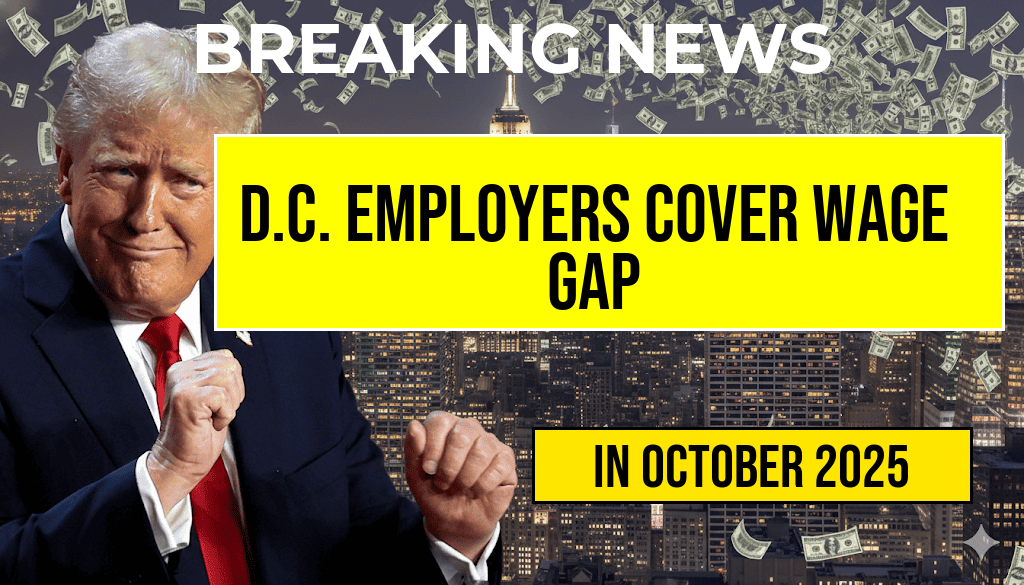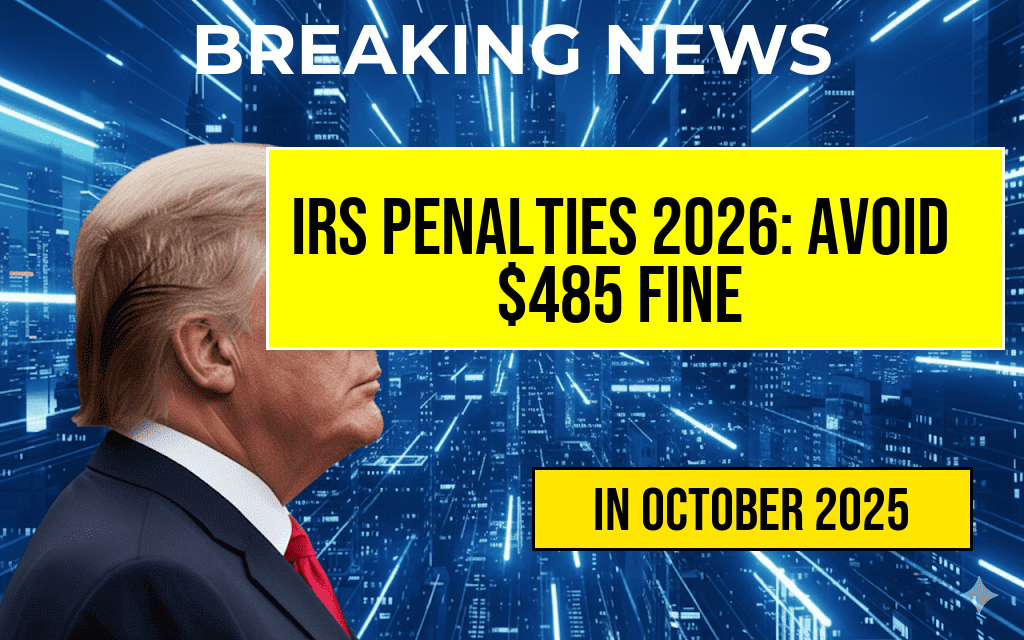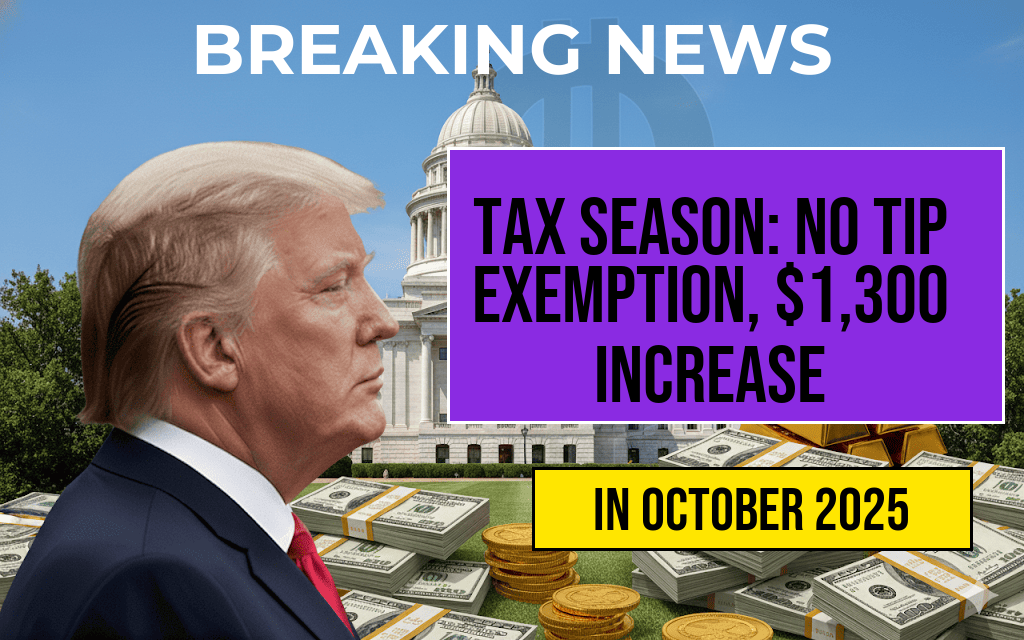In Washington D.C., a complex interplay between federal and local wage laws shapes how restaurant employers manage their compensation strategies, especially regarding tipped employees. Central to this discussion is the relationship between the federal tip credit—currently set at $5.12 per hour—and the mandated minimum wage of $17.95 per hour for tipped workers in the district. While it might seem straightforward to bridge this gap, many employers employ nuanced approaches to ensure compliance without incurring additional labor costs. This article explores how D.C. employers address the apparent $0 difference between the tip credit and the district’s high minimum wage, highlighting the legal frameworks, common practices, and ongoing debates surrounding fair compensation for tipped workers.
Understanding the Federal Tip Credit and D.C. Minimum Wage Laws
The Federal Tip Credit Explained
Under federal law, employers can pay tipped employees a lower cash wage—known as the tip credit—as long as the employee’s total earnings (including tips) reach at least the federal minimum wage. The current federal tip credit stands at $5.12 per hour, meaning employers are only required to pay tipped workers a base wage of $2.13 per hour, provided tips supplement this to meet or exceed the federal $7.25 minimum wage.
However, this federal structure is flexible, allowing states and localities to establish their own standards. For example, in D.C., the minimum wage for tipped employees is significantly higher, at $17.95 per hour, reflecting the city’s cost of living and labor standards. This discrepancy raises questions about how employers reconcile the tip credit with the district’s wage requirements.
The District’s Wage and Hour Regulations
D.C. enforces a minimum wage law that mandates employees, including tipped workers, must earn at least $17.95 per hour. Unlike federal law, D.C. does not permit a tip credit to reduce the required direct wage below this threshold. Consequently, employers must ensure that the combined total of direct wages and tips meets or exceeds this amount.
This requirement has led to a unique situation where the traditional tip credit concept appears to be nullified or heavily modified, prompting many employers to adopt alternative strategies to maintain compliance without significantly increasing labor costs.
How Employers Cover the “Gap” Between Tip Credit and Minimum Wage
Supplemental Payments and Service Charges
One common method employed by D.C. restaurant operators is the implementation of service charges. These are mandatory fees added to customer bills, often justified as a way to provide fair compensation to staff. Unlike tips, service charges are considered direct wages, allowing employers to meet or exceed the $17.95 minimum wage without relying solely on tips.
Furthermore, some establishments provide flat-rate supplemental payments or scheduled bonuses to ensure that workers’ total earnings consistently align with legal requirements. These payments are explicitly designed to bridge any shortfall that might arise from relying on tips alone.
Adjustments in Tip Policies and Training
- Encouraging higher tipping: Employers often invest in staff training to maximize tips, emphasizing enhanced customer service and sales techniques.
- Transparency with customers: Clear communication about service charges and tip policies helps manage expectations and maintains compliance with local ordinances.
Legal and Ethical Considerations
Compliance and Enforcement
The D.C. Office of Wage and Hour Compliance actively monitors restaurant operations to ensure adherence to wage laws. Violations, such as failing to pay the minimum wage through a combination of tips and supplemental payments, can result in penalties, back pay orders, and reputational damage.
Employers must also navigate federal regulations, especially if they operate across multiple jurisdictions, which adds layers of complexity. The wage law landscape requires careful legal interpretation to avoid inadvertent violations.
Worker Perspectives and Fair Compensation
Advocacy groups argue that the high minimum wage in D.C. should diminish the reliance on tips as a primary income source, emphasizing the need for transparent, predictable wages. Some workers report that despite policies to supplement earnings, fluctuations in tips can create financial instability, prompting calls for reforms that guarantee equitable pay regardless of tips.
Summary of Employer Practices in Covering the Wage Gap
| Method | Description | Legal Considerations |
|---|---|---|
| Implementation of Service Charges | Mandatory fees added to bills, treated as wages | |
| Supplemental Payments | Flat bonuses or hourly supplements to meet wage requirements | |
| Encouragement of Higher Tips | Staff training and customer engagement to maximize gratuities | |
| Adjustments in Tip Policies | Clear communication about tipping policies and service charges |
As the local labor landscape continues to evolve, D.C. employers remain attentive to balancing legal compliance with operational sustainability. The subtlety of covering the $0 difference between the tip credit and the district’s high minimum wage underscores the complexity of fair wage practices in modern hospitality. For workers, transparency and equitable pay remain central concerns, prompting ongoing dialogue among policymakers, employers, and advocacy groups.
Frequently Asked Questions
What is the significance of the $0 difference between tip credit and the minimum wage in D.C.?
The $0 difference indicates that employers in D.C. are effectively covering the entire minimum wage through tip credits, ensuring that servers earn at least the standard minimum wage without relying solely on tips.
How do employers in D.C. manage to cover the wage gap using tip credits?
Employers in D.C. utilize tip credits to supplement tips received by employees, so that the combined amount meets or exceeds the minimum wage. When the tip credit equals the minimum wage, the wage gap is effectively eliminated.
Are there any legal requirements for employers regarding tip credits in D.C.?
Yes, employers must adhere to federal and local laws that specify how much can be counted as tip credits. In D.C., employers are required to ensure that tip credits do not reduce employee wages below the minimum wage.
What impact does covering the $0 difference have on employees’ earnings?
Covering the $0 difference means employees are guaranteed at least the minimum wage regardless of tips, providing financial stability and ensuring that tip-based income supplements their earnings without falling short of legal wage standards.
Does this wage coverage model vary in other cities compared to D.C.?
Yes, cities and states differ in their tip credit laws and minimum wage requirements. D.C. uniquely maintains a model where the tip credit can fully cover the minimum wage, but in other locations, employers might need to pay additional wages directly to meet legal standards.






